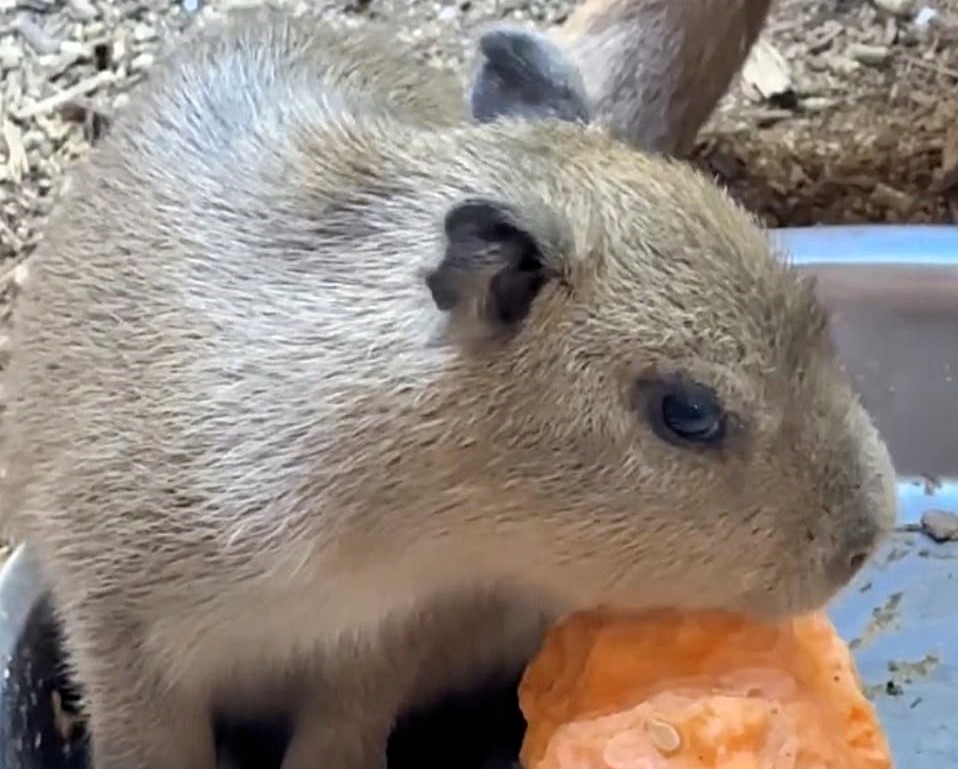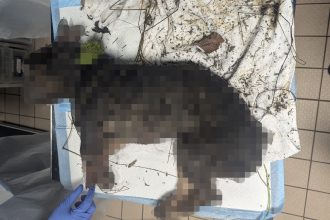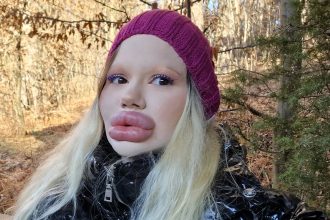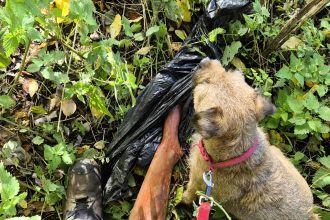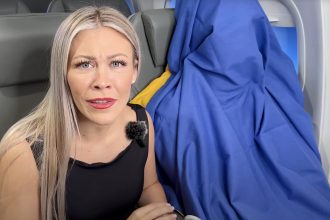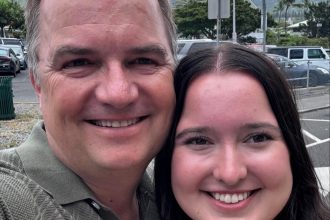A zoo has welcomed three newborn capybaras – but, sadly, one has died.
The three animals were born to first-time parents Kiwi and Enzo.
In a clip, which has racked up 5.2m and one million likes, the zoo introduces the pups and shares their first moments on Earth.
READ MORE: Urgent appeal to fund ‘life-changing’ surgery to remove ‘brave’ seal pup’s EYE
They are shown running alongside their parents, stretching, cuddling and exploring their home.
Users have flocked to the comments to share their reactions.
Naj said: “Baby pinto beans ahhhhhh.”
Another user added: “This is so cute.”
Lucy said: “The little leg stretch.”

The official page for e.l.f cosmetics added: “The little babies.”
Madz commented: “Capybara-tok is my new favourite.”
JC said: “So… they probably need someone to come snuggle them? I’ll be right there.”
Dani added: “So cute. Their little ears.”

Olivia said: “IT HAS OCCURRED TO ME THAT I HAVE NOT SEEN A BABY CAPYBARA UNTIL NOW.” [sic]
Sadly, 10 days after their arrived on 2 November, it was shared that one of the babies has passed, reports Need To Know.
Animal World and Snake Farm Zoo, Texas, said: “With heavy hearts, we share that one of our three baby capybaras has passed away.
“Despite the dedicated, around-the-clock care of our animal care and veterinary teams, some newborns face challenges too great to overcome.
“This can happen when a baby struggles to nurse, regulate body temperature, or experiences developmental issues that aren’t visible at birth.
“In the wild, nature can be unpredictable – and even with every effort made in human care, not every little life can be saved.”
While the loss is heartbreaking, zoo staff say the remaining two pups are healthy, nursing regularly, and beginning to follow their mother on her daily adventures.
Capybaras, the world’s largest rodents, can weigh between 77 and 145 pounds.
Native to South America, they live near rivers, swamps, and wetlands across countries like Brazil, Venezuela, and Colombia.
READ MORE: Rescued seal pup found dead tangled in fishing net…months after release into the wild
